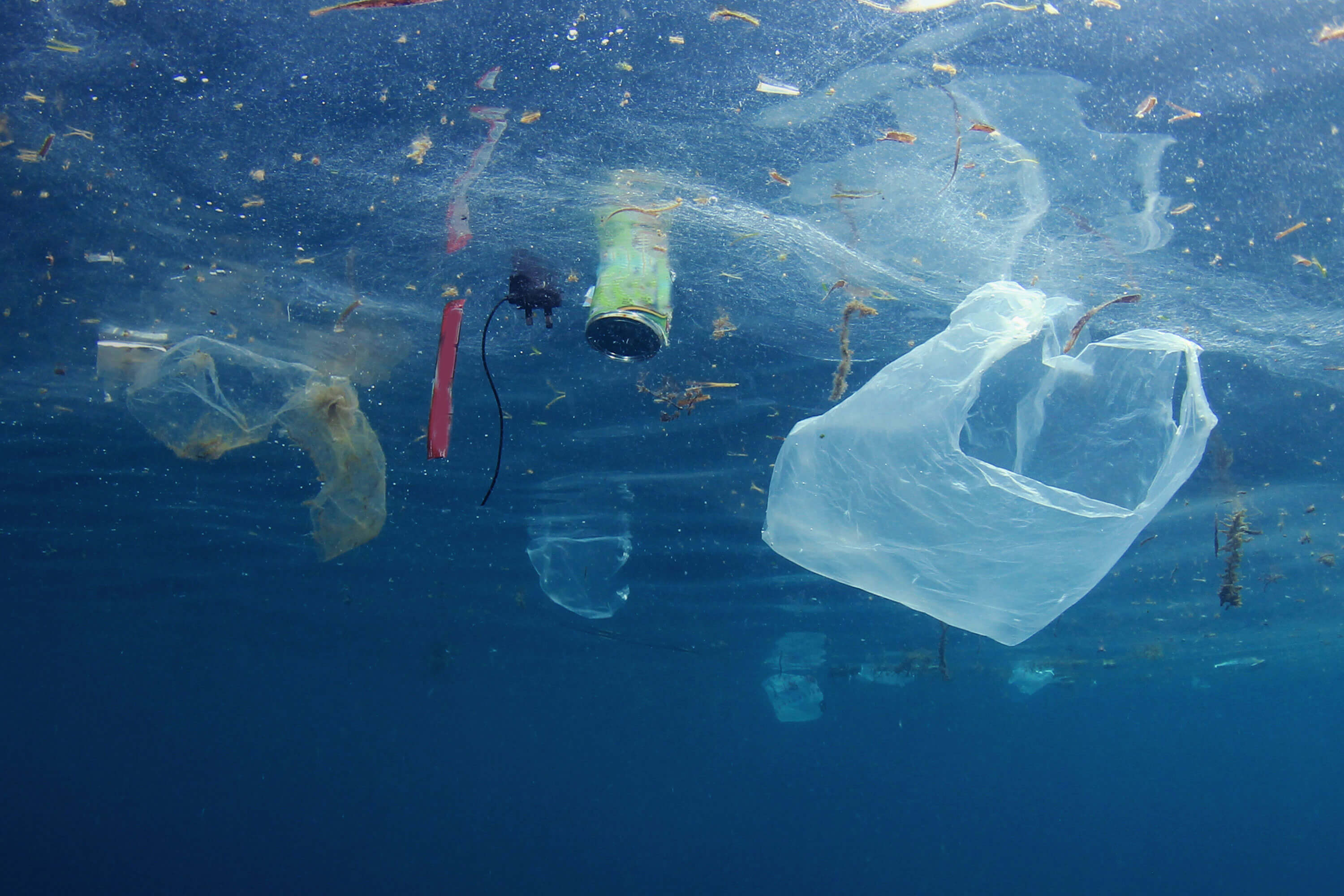
One may not initially make the connection between equity, environmental justice, and single-use bag bans. However, when drafting bag bans, it's critical to consider the impacts that the policies may have on low-income communities to address any existing or potential inequities that may arise.
The Surfrider Foundation has helped pass many of the over 500 local plastic bag laws adopted to date. Plastic bag laws help reduce plastic pollution by promoting positive behavior change (ex. going bag-free or using reusable bags) and reducing the number of single-use plastic and paper bags at the source. Bag bans can also help promote environmental justice when done thoughtfully. Every single-use bag ban developed and implemented is an opportunity to create stronger and more inclusive policies that benefit all communities and the environment.
Duke University's Environmental Law and Policy Clinic's (Duke University) memo to Don't Waste Durham lays out this issue and provides recommendations that help minimize equity implications and promote environmental justice. All these recommendations are in alignment with what Surfrider advocates for when developing bag ban policies.
Let's start with how bag bans can impact equity and environmental justice, and what potential solutions to reduce the negative impacts might look like.
Bag fees, such as a 10-cent charge for bags, disproportionately burden low-income communities and create inequity, if unabated. Low-income households tend to spend a larger proportion of their income on basic expenses, such as food, compared to higher-income households (Johnson, 1999; Ramos & Brighton, 2000). Therefore a bag fee that would raise their overall cost of food would have a bigger impact on low-income families.
In addition, plastic bags and other single-use plastic pollution have negative health and environmental impacts on certain communities. We know that the entire lifecycle of plastic disproportionately harms low-income communities and communities of color. From fracking, oil and gas refinery, to landfills and incinerators - all these facilities associated with extraction, production, to waste management of plastics are mainly located in communities of color, followed next by low-income communities
One great example from our network comes from the Surfrider Foundation Maine Chapter, which helped pass a statewide bag ban in 2019 that will begin to be enforced on July 1, 2021. The bag law bans thin film bags and requires a fee of at least 5-cents for all single-use paper and 4 mils and thicker plastic bags (paper bags also have negative impacts to the environment as it takes more resources to produce and chemicals and fertilizers are used). The goal of the fees is to incentivize shoppers to avoid the fee by bringing their own reusable bags, which can often be purchased at checkouts.
However, this could create inequity for financially challenged individuals, including recipients of the federal Supplemental Nutrition Assistance Program (SNAP); SNAP only enables recipients to purchase certain food items with their credits, rendering reusable bags as non-allowable purchases. Seeing this inequity, the chapter created a non-plastic reusable bag accessibility program that involved spending $3,000 to purchase 600 recycled cotton bags that will be given out for free to SNAP recipients paying for groceries at participating stores. We also garnered media attention to inspire others to follow our lead to help ensure widespread equity of access to quality bags across the State.
The following recommendations from the Duke University memo can ease the burden on low-income communities while still implementing a bag ban:
-
Create exemptions and emphasize that customers using Supplemental Nutrition Assistance Program (SNAP), Supplemental Food Program for Women, Infants, and Children (WIC), or other assistance programs do not have to pay the fee.
-
Encourage nonprofits and businesses to provide free reusable bags to community members.
-
Consider implementing complementary waste reduction programs and policies to maximize the environmental and social benefit of the policy
-
Practice culturally appropriate messaging and communication.
Ultimately, reducing waste at the source is the only real solution to decreasing the many harms caused by bags and other single-use plastics throughout their lifecycle. If the proposal is drafted well with equity concerns addressed, bag bans have a crucial role in reducing plastic pollution, shifting the paradigm away from single-use and toward reuse, and advancing environmental justice.
Additional Resources:
For more information on our Maine Chapter’s reusable bag accessibility program, please contact Melissa Gates, Northeast Regional Manager, at mgates@surfrider.org
